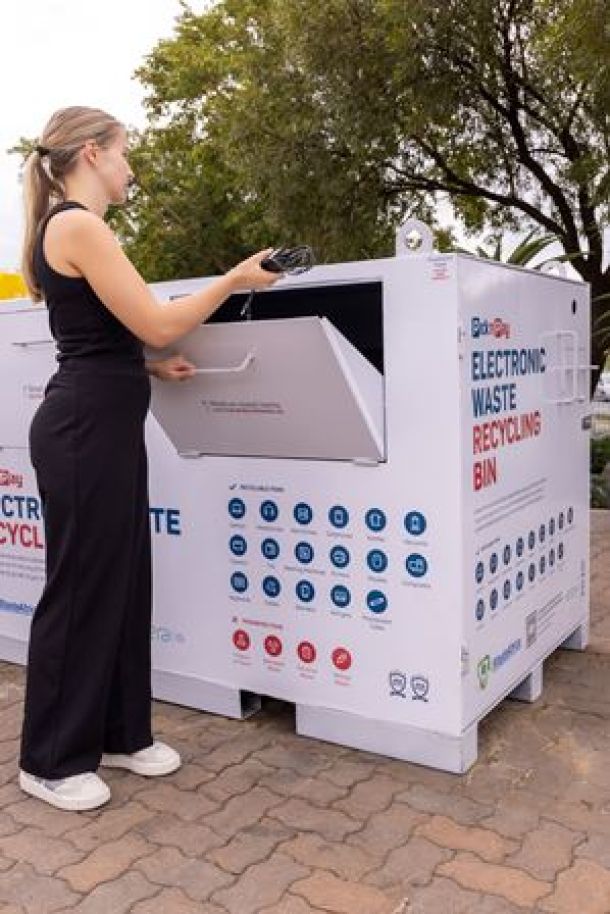Why the retail sector is perfectly placed to push renewable energy
Consumer consciousness is leading to a shift in ‘ethical’ choices, particularly those at the top-end of the market.
Globally and locally we are facing a climate crisis. Across the planet we are seeing unusual and dangerous weather patterns and while the science behind climate change is still being questioned in some parts of the world, if we don’t ramp up our shift away from fossil fuels we are all going to feel the repercussions.
South African consumers have become increasingly aware of the impact of resource scarcity — both energy and water — and are starting to put pressure on retailers and other businesses to demonstrate that they are managing these resources efficiently and responsibly.
This consumer consciousness is leading to a shift in consumer choices. Consumers, particularly those at the top-end of the market, are paying close attention to retailers’ and manufacturers’ attitudes on planet preservation. If the retail sector is to remain relevant, it needs to stay ahead of this curve.
The very nature of shopping is "curated convenience", and the harder retailers work to match both a convenient shopping experience with the information needed for customers to make ethical choices, the better supported they will be. With this in mind, the sector needs to focus on not just their energy supply but also an increased commitment to responsible sourcing. But it requires going one step further: the supply chain.
Retailers, as real estate owners and tenants, need to look at resource consumption patterns, both in store and along the supply chain. Cutting back on the use of scarce resources, and measuring and monitoring resources properly, has to become a critical part of doing business.
Big South African retailers are in a unique position to grow, develop and support their suppliers as they become more sustainable through energy efficiency and renewable energy plans. The business side of renewable energy is starting to take shape in SA. There has been a definite shift in understanding the importance of sustainable, renewable energy in industry, both in the private and public sector. Events such as Energy Revolution Africa, a new addition to the annual African Utility Week, are a case in point. Businesses need to have access to as much information as possible to allow them to make changes that suit their infrastructures.
According to Statistics SA, the retail industry employs roughly 23% of SA’s labour force, which means the sector has the ability to make a profound difference. Making employees aware of how to save resources not only affects the bottom line, it is a vital part of the move towards sustainability.
The growth in investment in renewables in SA, and the very public political disagreement about the future national strategy in this regard, has definitely raised consumer awareness as well. The retail sector is undoubtedly starting to invest more substantially in renewables, but progress hasn’t been quick enough, and more needs to be done to explore collaborative solutions with financiers, property owners and all levels of government.
The rising cost of electricity and an unstable supply of on-grid power means that SA’s retail sector has to invest in alternative energy if it is to future-proof profit margins. Big business needs to work with the public sector to find sustainable solutions in SA and the rest of the continent.
Good measurement and efficient management of energy is a basic necessity for all businesses in SA, with both environmental and cost benefits. Increasingly, forward-thinking businesses also want to guarantee a level of self-sufficiency regarding energy, and investment in renewable energy is a substantial part of this strategy.
• Smith is the group head for sustainability at Woolworths Holdings
News Category
- International retailers
- On the move
- Awards and achievements
- Legislation
- Wine and liquor
- Africa
- Going green
- Supplier news
- Research tools
- Retailer trading results
- Supply chain
- Innovation and technology
- Economic factors
- Crime and security
- Store Openings
- Marketing and Promotions
- Social Responsibility
- Brand Press Office
Related Articles

Pick n pay upcycles air-conditioning systems, s...

Shoprite Group opens pathways to job opportunit...

Pick n Pay empowers shoppers in the fight again...

Massmart implements early leak detection techno...


